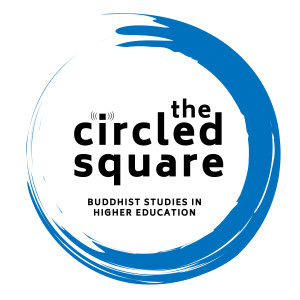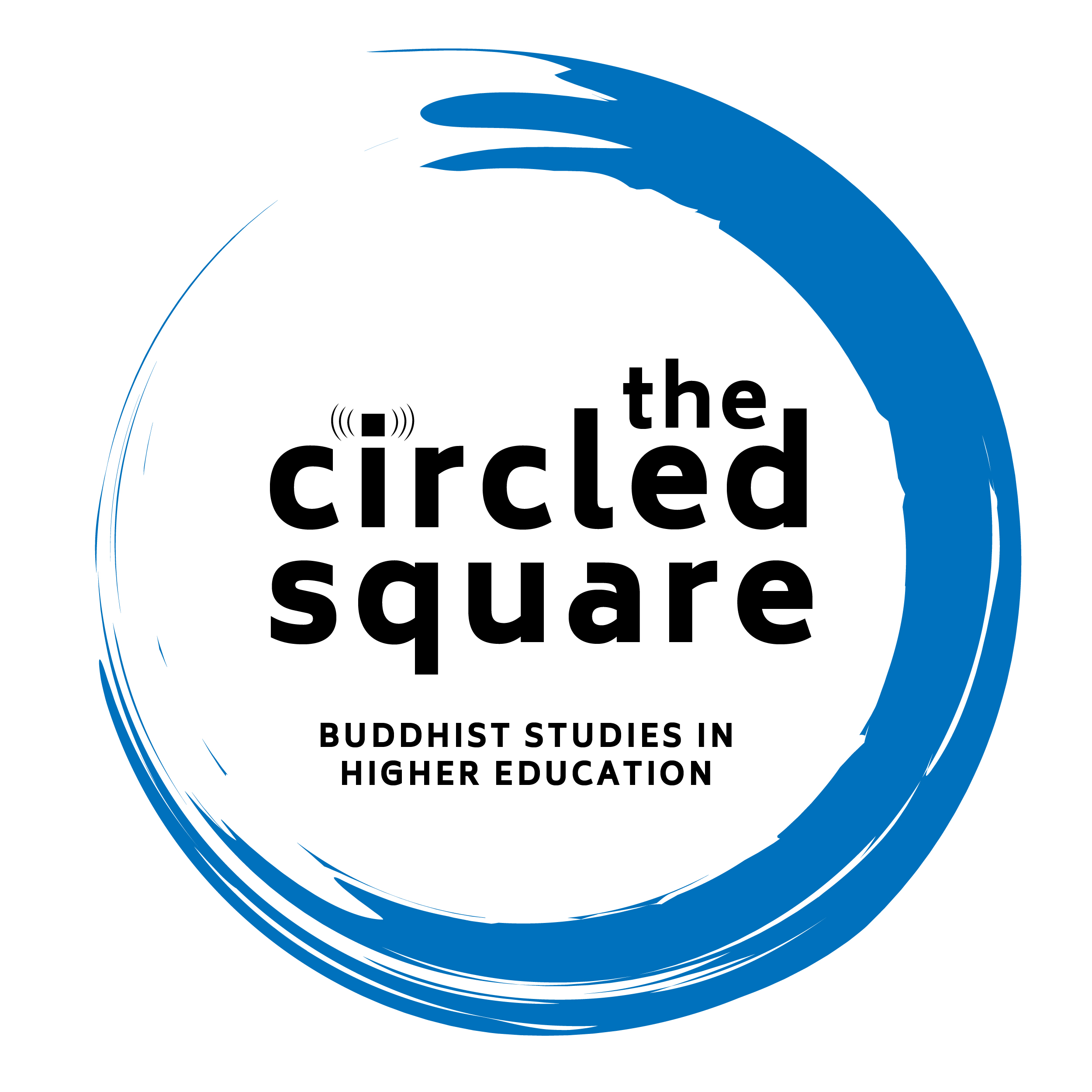Episodes

Thursday Mar 10, 2022
Todd Lewis: Social Context and the Power of Imagination
Thursday Mar 10, 2022
Thursday Mar 10, 2022
In this episode Professor Todd Lewis discusses the importance of reaching students where they are, of unsettling their assumptions, and of teaching broad religious literacy in a world where much religious illiteracy prevails. He centers ritual and art in much of his teaching, wanting to balance the focus on elite and textual arts with popular practices and an awareness of the diversity of practitioners. He also communicates the complexity of different types of Buddhism through the use of diagrams like ones he has made that show different methods between Theravada and Mahayana understandings of the Buddhist path. Lewis is a Distinguished Professor of Arts and Humanities and Professor of World Religions in the Religious Studies Department at the College of the Holy Cross in Worcester MA. He teaches and publishes research on Buddhism, Hinduism, East Asian religions, anthropology of religions, modernization, ecology and religion, and he has won numerous awards for both his teaching and his research. This episode was recorded in December 2020.
Quotes
“I think the bell curve is essential for studying all religions. There are really dedicated followers who may become monks and nuns, in the case of Buddhism, and there are people who barely show up or don't show up or who don't even believe this stuff unless they're pressed on the other tail of that. Then you have people in the middle, and every religion in every place can maybe be filled out in terms of the way these are specifically fulfilled.” Todd Lewis
“You can't essentialize Buddhism as any part of that bell curve.” Todd Lewis
“All social life is based on exchange.” Todd Lewis
“Not all monks are virtuoso meditators.” Todd Lewis
“You need to show students Buddhists doing rituals. You need to show them gathering on full moon days and circumambulating stupas by the tens of thousands today.” Todd Lewis
“I don't want to get too sidetracked with the students about how some of these museums actually got their art but that's how we circle back to Orientalism.” Todd Lewis
“You want to make students aware and think about what their biases are as they enter in.” Todd Lewis
“I want to provide a social context so that Buddhism doesn't just float out in our imaginations as something that exists without being grounded in particular places and times.” Todd Lewis
“We're going to disproportionately study the intellectuals and the philosophers, but I am trying to have them read and describe and see rituals, to see how Buddhism is lived in different times and places.” Todd Lewis
“Museums are not the place to really understand the fullness of art, you have to see how it works.” Todd Lewis
“The context of our teaching is a huge part of how we should teach... I think you have to really meet your students where they are, and every institution has a slightly different culture.” Todd Lewis
“I want them to just see how they may have seen Buddhism dismissed as something that's flaky or not to be taken seriously. But there also is this hyper-idealizing of Buddhism in which Buddhism is accepted uncritically.” Todd Lewis
“We are still dealing with some of the distortions and misconceptions and stereotypes that Westerners brought to Buddhism.” Todd Lewis
“Religion always has to take into account both the transcendental elements and the pragmatic elements. If you neglect that, you're really missing something.” Todd Lewis
“We have religious illiteracy as a problem.” Todd Lewis
Links and References
8-fold path schema of Buddhaghosa Link on Teaching Buddhism website
Todd Lewis, College of the Holy Cross, Department of Religious Studies faculty profile page
Stolen Images of Nepal, Lain Singh Bangdel, purchase book here
Encyclopaedia of Buddhism, Robert Buswell, purchase book here
Pancha Raksha, link to website
"Transcendental and Pragmatic Aspects of Religion,” David G. Mandelbaum link to article
Buddhist Nuns, Monks, and Other Worldly Matters, Gregory Schopen, purchase book here


No comments yet. Be the first to say something!